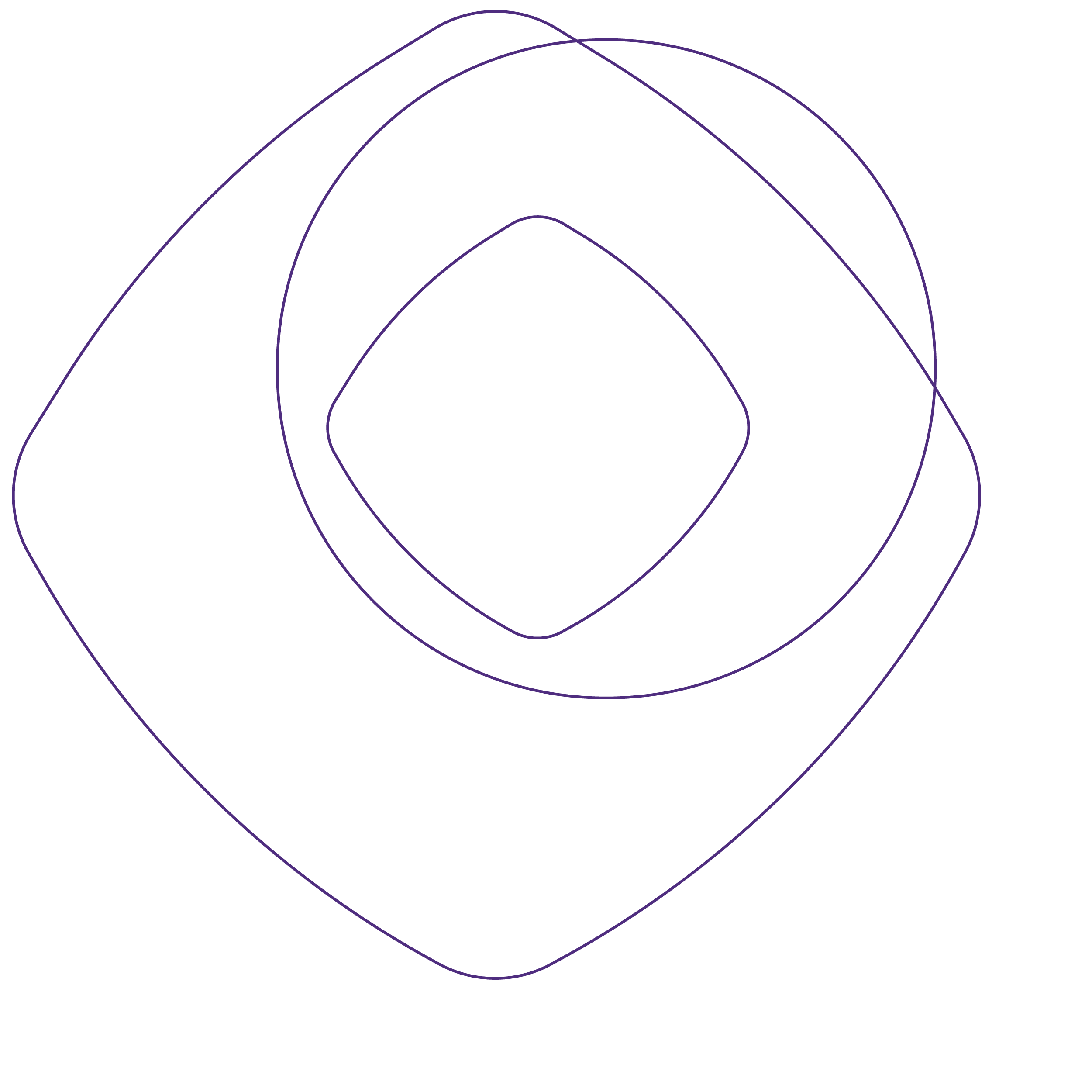-
Statutory Audit
We conduct an integrated audit, which combines the financial statement audit,independent and objective assurance on financial information, transactionsand processes.
-
Limited Review
We offer services relating to reviews of historical financial informationby expressing negative assurance on such historical financial information.
-
Agreed Upon Procedures
We engage with organisationsto perform specific procedures and report findings to conform to their needs.
-
Financial Reporting Advisory Services (FRAS)
Our team provides timely advice on the impact of accounting changes to assist businesses in the development of an appropriate implementation roadmap.
-
Business Consulting
Grant Thornton UAE provides organisations with implementable plans that drive sustainable growth strategies to grow and optimise their business performance.
-
Business Risk Services
Organisations need to understand risks thoroughly to be able to manage them better. Grant Thornton UAE helps businesses achieve the best balance between minimising risk exposure, optimising profitability and developing compliance review checklists.
-
Regulatory Advisory Services
Grant Thornton UAE's extensive understanding of the overarching supervisory framework within the region equips our professionals to support financial institutions comply and abide by the set of regulatory mandates throughout the rapidly evolving ecosystem.
-
Financial Advisory
Grant Thornton UAE works with organisations on transactions from start to finish, assisting with strategy, identifying risks, executing deals, and helping to unlock their potential for growth and value creation.
-
Restructuring Advisory
Grant Thornton UAE is committed to realising value for shareholders, in a way that recognises and supports the interests of all stakeholders. Our solutions maximise value, provide clarity and direction, and accelerate recovery and transformation for businesses.
-
Technology Advisory & Cybersecurity
IT and technology are fundamental to drive the performance of businesses. Through leveraging the power of technology, Grant Thornton UAE helps organisations define and identify growth opportunities to achieve value-driven transformation and innovation.
-
Forensics
Fraud and corruption pose a growing challenge worldwide. As the commercial landscape changes, an increasingly regulated environment requires stringent governance and compliance processes. Grant Thornton UAE helps organisations navigate challenges and crisis with a hands-on approach coupled with the use of technology.
-
ESG Services
The Environment, Social and Governance (ESG) agenda has gained significant traction over the years, to become one of the key strategic aspects of any business. It is imperative that all organisations, irrespective of industry sector, engage with their stakeholders and prioritise ESG practices to unlock sustainable growth opportunities.
-
Business Process Solutions
Our team at Grant Thornton offers comprehensive and cost effective outsourced solutions, enabling stakeholders and business owners to focus on their core business goals.
-
Corporate Tax
Our diversified team of corporate tax subject matter experts combines a perfect blend of international experience across several industry sectors, technical expertise, and commercial nuances with a commitment to deliver exceptional value to your business.
-
VAT
The VAT team at Grant Thornton is well versed with the VAT Laws applicable across the region and holds valuable experience and professional accreditation in assisting clients across diverse industries to comply with the VAT obligations.
-
Transfer Pricing
Grant Thornton UAE assists its clients in providing transfer pricing solutions that are implementable and operational, considering the facts and concerns of its clients.
-
International Tax and Tax Due Diligence
Grant Thornton UAE supports multinational groups to optimise their tax structures. We can also assist businesses in analysing existing group transactions and inter-group supplies, as well as advising on potential implications of various taxes to facilitate an efficient Group tax structure.
-
Economic Substance Requirements
Economic Substance rules were introduced in the UAE in 2019, requiring UAE businesses that undertake certain ‘Relevant Activities’ to maintain and demonstrate adequate substance.
-
Customs and International Trade
The team at Grant Thornton is positioned centrally to assist the businesses with global cross-border tax structuring, planning and compliance needs.
-
Excise Tax
We provide Excise Tax related advisory and compliance services to the producer, importer, and the storekeeper of excisable goods
Businesses today have entered a revolutionary era served by technology and driven by innovation. Whether its supercomputers, internet or smart systems; technology has never failed to surprise and prove itself. The next great leap to innovating the future is Nanotechnology. Nanotechnology is science, engineering, and technology conducted at the nanoscale, which is approximately 1 to 100 nanometers.
Nanoscience and nanotechnology are the study and application of tremendously small things and can be used across all other scientific fields, such as engineering. However, we will explore how this innovative technology can and will impact the professional services industry in years to come.
Technological innovation has developed immensely over the years with the word ‘computer’ first being recorded in the 17th century. Access to information and the world has heightened as an outcome of technology; as a result the world has converted to a digital environment. In 2014, it was reported that 3 billion people around the world have access to the internet, with the top three countries being China, the United States and India.
Becoming a digitally consumed world, scientists have begun to further study the notion of nanotechnology which has led to some insightful findings that have the potential to revolutionize technology, digital, our lives and to some extent the world. When exploring the benefits of nanotechnology, it is evident to see that this will create a model which focuses less on manpower and more on robotic science.
Nanotechnology will make the biggest difference to medical science, with robots set to perform some of the most complicated surgical procedures without leaving a mark. But how will this impact our profession and what will the future look like?
A report by Gartner predicts that virtual personal assistant usage in businesses will grow rapidly in 2017 and 2018 than iPad usage in 2010 and 2011. This will be as a result of smart machines which will upend the majority of knowledge and exploit machine learning and communication.
This alone will impact the profession, with knowledge machines soon taking on the world of data and translation; it will eventually begin to automate roles and processes within our industry such as potentially given personalized financial statements, advising you on solutions to your business problems, given you access to the future and transforming the way in which we do business. Leading some to question, whether soon technology could be overtaken by robotic knowledge pools that were once a product of technology itself.
Nanotechnology has the potential to have a positive effect on the business environment. For instance, scientists could program nanorobots to rebuild the way we do business. In other industries, our dependence on non-renewable resources would diminish with nanotechnology as D.G. Rickerbya and M. Morrison state. Cutting down trees, mining coal or drilling for oil may no longer be necessary, nanomachines could produce those resources which would impact industries and oil dominated countries.
Many nanotechnology experts feel that this technological revolution is outside the realm of possibility, at least for the foreseeable future. They state that the more innovative applications are only theoretical. Some worry that nanotechnology will end up like an imaginative reality - in other words, the excitement surrounding nanotechnology will continue to build until the boundaries of the field become public knowledge, and then curiosity along with funding will quickly disperse and personally, I couldn’t agree more.

